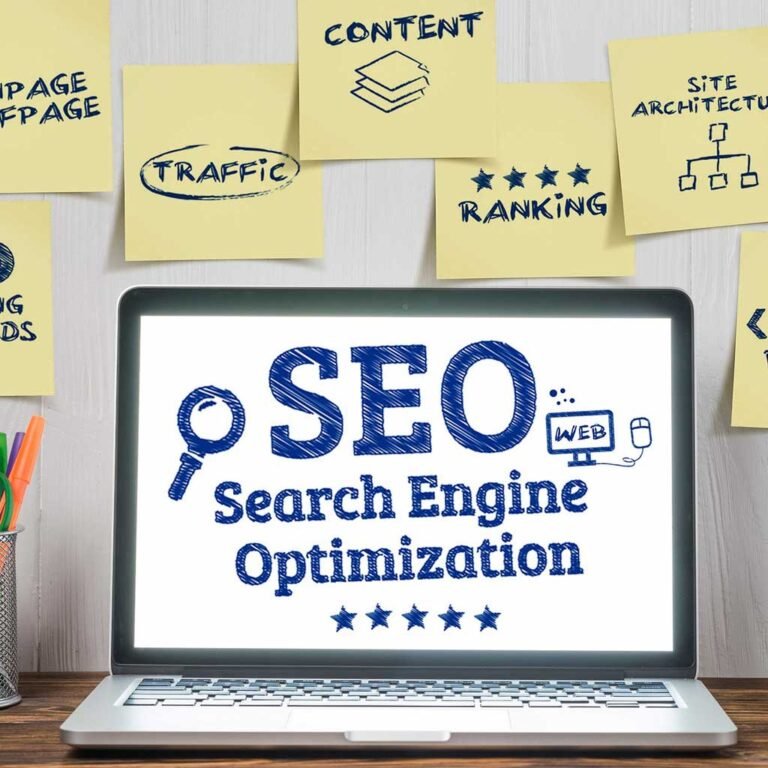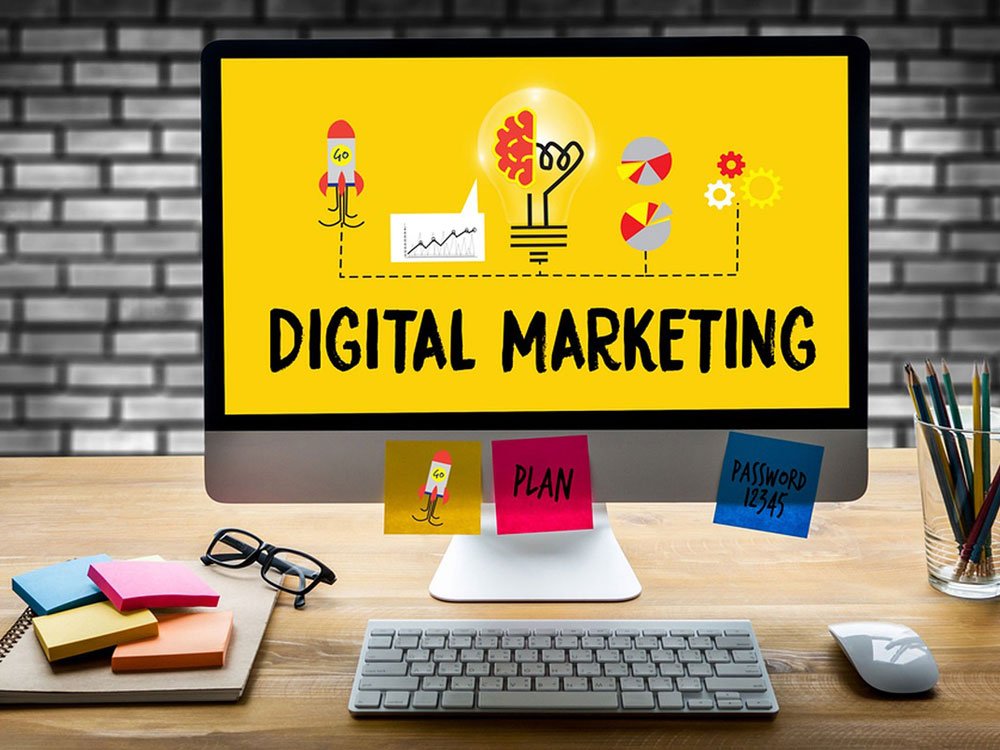
The Dynamic Influence of Search Engine Optimization (SEO) on Digital Marketing Strategies
Last updated: March 13, 2024 | Digital Techtune
In the fast-evolving digital landscape, Search Engine Optimization (SEO) stands as a cornerstone of digital marketing strategies. It encapsulates a range of techniques aimed at enhancing a website’s visibility and ranking on search engine results pages (SERPs). The impact of SEO on digital marketing efforts is profound and multifaceted, influencing various aspects including website traffic, brand visibility, credibility, user experience, and ultimately, conversion rates. This essay delves into the intricate relationship between SEO and digital marketing, exploring how SEO strategies shape and amplify digital marketing endeavors.
Understanding Search Engine Optimization (SEO)
SEO encompasses a plethora of methodologies employed to optimize websites for search engines, predominantly Google, Bing, and Yahoo. Fundamentally, it revolves around enhancing a website’s relevance, authority, and user experience to attain higher rankings in organic search results. Key components of SEO include on-page optimization (meta tags, keywords, content quality), off-page optimization (backlinking, social signals), technical optimization (site speed, mobile-friendliness, schema markup), and user experience optimization (site navigation, accessibility).
Driving Website Traffic and Visibility
At the core of SEO lies the goal of driving organic traffic to websites by securing higher rankings in search engine results. Research indicates that websites ranking on the first page of Google receive the lion’s share of clicks, with the top three positions capturing the majority. Therefore, effective SEO strategies enable digital marketers to significantly enhance website visibility, drawing in a steady stream of qualified traffic without relying solely on paid advertising.
Moreover, SEO’s long-term sustainability distinguishes it from other marketing channels. Unlike paid advertising, where visibility ceases once the budget is depleted, SEO efforts accumulate over time, yielding continuous traffic and visibility dividends. This sustained traffic flow not only amplifies brand exposure but also contributes to building a robust online presence and brand authority within the industry.
Building Brand Credibility and Trust
High search engine rankings serve as a vote of confidence for users, signaling to them that a website is reputable, relevant, and trustworthy. Studies indicate that users often associate top-ranking websites with credibility and reliability, leading to increased click-through rates (CTR) and engagement. By consistently appearing at the top of search results for relevant queries, brands can reinforce their credibility and instill trust among their target audience.
Furthermore, SEO fosters credibility through content optimization and thought leadership initiatives. Producing high-quality, informative content optimized for relevant keywords not only improves search engine rankings but also positions brands as authoritative sources within their respective domains. Consequently, users are more likely to engage with and share content from brands perceived as industry leaders, further amplifying brand visibility and credibility.
Enhancing User Experience (UX) and Engagement
In the era of user-centric digital experiences, SEO and user experience (UX) are deeply intertwined. Search engines prioritize websites that deliver exceptional user experiences, rewarding them with higher rankings and visibility. As such, SEO strategies encompass various UX elements such as mobile responsiveness, site speed, intuitive navigation, and informative content to enhance user satisfaction and engagement.
Optimizing for mobile devices, in particular, has become paramount, given the exponential rise in mobile searches. Google’s mobile-first indexing initiative underscores the importance of mobile-friendly websites in securing favorable search rankings. By prioritizing mobile optimization as part of their SEO efforts, digital marketers can cater to the evolving preferences of users and provide seamless experiences across devices, thereby bolstering engagement and retention rates.
Moreover, SEO-driven content strategies focus on addressing user intent and providing valuable solutions to their queries. By understanding search intent and aligning content with user needs, brands can attract highly targeted traffic and foster meaningful interactions with their audience. This user-centric approach not only enhances search engine visibility but also cultivates brand loyalty and advocacy over time.
Facilitating Conversion Optimization
While attracting traffic is crucial, the ultimate goal of digital marketing is to convert visitors into customers or leads. SEO plays a pivotal role in facilitating conversion optimization by directing qualified traffic to relevant landing pages and optimizing the conversion funnel. By targeting high-intent keywords and optimizing meta descriptions and title tags, digital marketers can attract users who are more likely to convert.
Furthermore, SEO-driven content marketing initiatives nurture leads throughout the buyer’s journey, providing valuable information and guiding them towards conversion. Educational content, case studies, testimonials, and product demonstrations tailored to different stages of the sales funnel help build trust and credibility, ultimately influencing purchasing decisions.
Additionally, SEO analytics provide valuable insights into user behavior and preferences, enabling digital marketers to refine their conversion strategies continuously. By tracking key metrics such as bounce rate, time on page, and conversion rates, marketers can identify pain points in the conversion process and implement data-driven optimizations to improve user experience and drive conversions.
Integration with Other Digital Marketing Channels
SEO does not operate in isolation but rather intersects with various other digital marketing channels, including content marketing, social media marketing, email marketing, and paid advertising. An integrated approach that aligns SEO with these channels can amplify the impact of digital marketing efforts and maximize overall ROI.
For instance, content marketing synergizes seamlessly with SEO, as high-quality, optimized content serves as the foundation for organic search visibility. By creating compelling, shareable content optimized for target keywords, brands can enhance their search rankings while simultaneously fueling social media engagement and inbound traffic.
Similarly, social media signals, such as likes, shares, and comments, are increasingly influencing search engine rankings. Integrating social media marketing with SEO can amplify brand visibility, drive referral traffic, and foster community engagement, thereby augmenting the effectiveness of digital marketing campaigns.
Moreover, paid advertising strategies can complement SEO efforts by targeting competitive keywords or promoting seasonal offers to capture immediate visibility and traffic. By strategically allocating budgets across paid search, display advertising, and organic search channels, digital marketers can optimize their overall marketing mix and maximize ROI.
Search Engine Optimization (SEO) exerts a profound and multifaceted influence on digital marketing efforts, shaping various facets including website traffic, brand visibility, credibility, user experience, and conversion optimization. By employing a holistic SEO approach encompassing on-page, off-page, technical, and user experience optimizations, digital marketers can enhance website visibility, build brand authority, foster user engagement, and drive conversions.
Moreover, integrating SEO with other digital marketing channels such as content marketing, social media marketing, email marketing, and paid advertising amplifies the impact and effectiveness of marketing campaigns, leading to superior ROI and sustained growth in the digital landscape. As search engines continue to evolve and user behaviors shift, staying abreast of emerging trends and adapting SEO strategies accordingly will be paramount for digital marketers aiming to achieve long-term success and competitive advantage in the digital arena.

